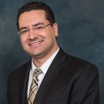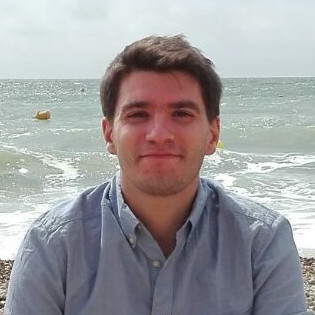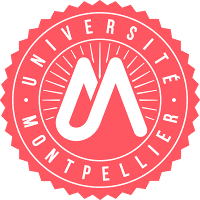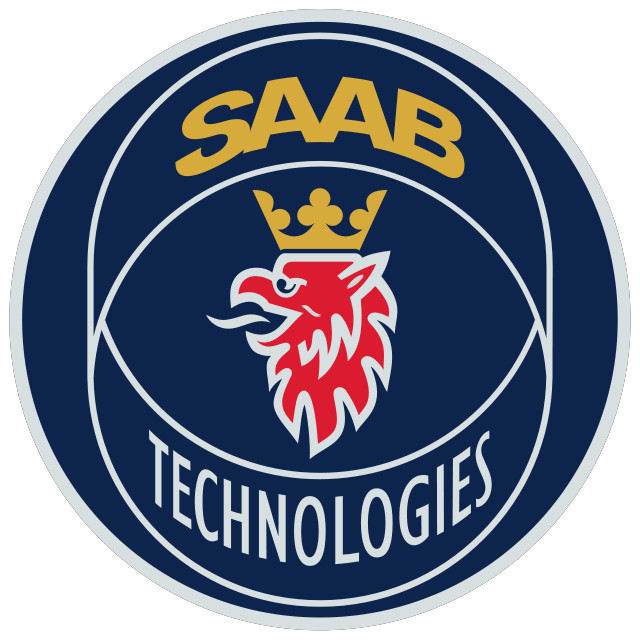Keynotes
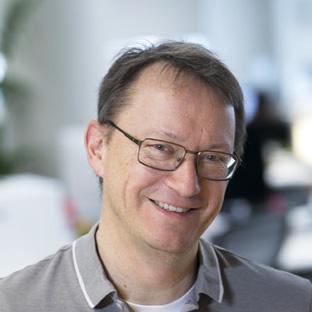
Deploying Search Based Software Engineering with Sapienz at Facebook
We describe the deployment of Sapienz, a system for automated test case design that uses Search Based Software Engineering (SBSE) that has been deployed at Facebook since October 2017 to design test cases, localise and triage crashes to developers and monitor their fixes. Facebook continues to build on the Sapienz infrastructure, extending it to provide other software engineering services and we hope this will yield sustained interest in SBSE and hybridisation of it as a result. We explain how Sapienz is deployed, how it collaborates with other tools, such as Facebook's FBLeaner Machine Learning Infrastructure, its One World Device and Emulator platform and other testing and verification tools, such as Infer, the Facebook Static Analysis tooling. We also outline some open problems and challenges for the SBSE community, based on our experience of deploying Sapienz at Facebook scale.
Mark Harman
Engineering Manager at Facebook
Mark was the director of CREST (the Centre for Research on Evolution Search and Testing) from its inception on 28th June 2006 to 5th February 2017, and was head of SSE (Software Systems Engineering) at UCL from 2012 to 2017. Since February 6th 2017 he has been a full-time Engineering Manager at Facebook London and a part-time professor of Software Engineering in CREST, SSE and the CS department at UCL.
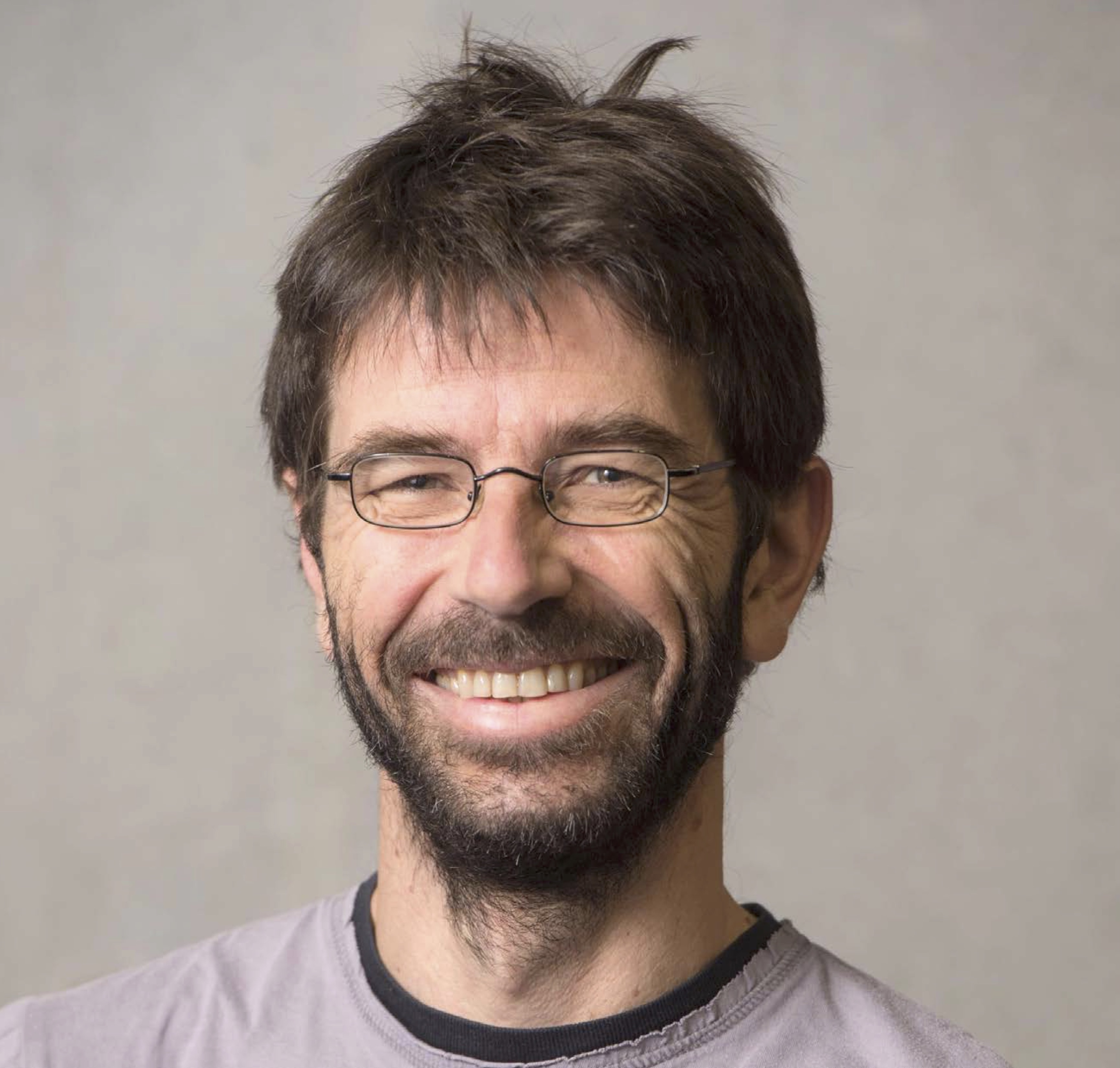
Can in silico experimental evolution close the link between evolutionary biology and evolutionary engineering?
While evolutionary metaheuristics are strongly advocated by the outstanding complexity and adaptation of life forms, we are still far to get the same complexity in the products and applications of artificial evolution. But simultaneously, we have to acknowledge that (i.) evolutionary biology still has difficulties to understand how evolution proceeded (and still proceeds) to produce this diversity and complexity (ii.) current metaheuristics are far to integrate all what evolutionary biologists know about evolution! In this talk I will introduce a very specific form of evolutionary software – namely in silico experimental evolution, aka digital genetics – that is dedicated not to evolve solutions to technical problems but to model evolution in order to better understand its dynamics and, in particular, the way evolution innovates and produces new life forms, more complex and eventually fitter – or not! I will present some of the results we got using the Aevol in silico experimental evolution platform and discuss how these results could be transposed into the software engineering domain.
Guillaume Beslon
National Institutes of Applied Science, Lyon
Guillaume Beslon is a professor of computer science in the computer science department of the National Institute of Applied Science (Lyon, France) and in the CNRS Laboratoire de Recherche en Image et Systèmes d’Information (LIRIS). He created the interdisciplinary INRIA Beagle team and leads it since. The Beagle team addresses biological questions with formal models based on simulation and modeling. The team is specifically interested in systems biology, i.e. understanding how complex biological systems emerge as stable and efficient entities from the incredible chaos that constitutes their molecular level. Guillaume Beslon is mainly interested in evolutionary systems biology, i.e. in providing a better understanding of extant biological systems by studying the evolutionary process that led to them. In particular his researches mainly focus on the evolutionary consequences of chromosomal rearrangements, a kind of mutation that is overlooked in most models and metaheuristics. He proposed the Aevol in silico experimental evolution platform, to date one of the few simulation platforms able to account for this kind of events. In 2013-2016, he has been the leader of the EvoEvo (“Evolution of Evolution”) European project, an interdisciplinary project that aimed at linking experimental evolutionary biology to software engineering by mean of in silico experimental evolution.

How Can Metaheuristics Help Software Engineers?
10th Edition SSBSE special keynote - voted best keynote of the last nine SSBSE
This talk is a revamped presentation based in the original one I had the honor to deliver back in 2009 in the first SSBSE in London. At this time, the many international forces dealing with optimization, search, and learning (OSL) met software engineering researchers looking for a quantified manner of modeling and solving problems in their domain. The contents, as in the original one, will develop on the bases of metaheuristics and other advanced algorithms (like bio-inspired ones, and event exact techniques) to highlight the many good potential ways in which they can help to create a well-grounded domain where the construction, assessment and exploitation of software is not just done by human experts, but also enhanced with intelligent automatic tools. In this talk, we will of course visit the many applications in software engineering faced with intelligent algorithms, as well as will offer a reasonably updated view of they two (algorithms and applications). The key understanding of this as a crossfertilization task between research fields could even offer a wider and more useful lesson for future research. I will include a historical perspective of the old times (before SBSE), the last 10 years on SBSE, and the many avenues for future research and development spinning around this exciting clash of stars. A new galaxy has been born out of the body of knowledge in OSL and SE, creating forever a new class of researchers able of unparalleled tools and scientific results for the benefit of software, that is, of modern societies.
Prof. Enrique Alba
University of Malaga
Prof. Enrique Alba had his degree in engineering and PhD in Computer Science in 1992 and 1999, respectively, by the University of Málaga (Spain). He works as a Full Professor in this university with varied teaching duties: data communications, distributed programing, software quality, and also evolutionary algorithms, bases for R+D+i and smart cities, both at graduate and master/doctoral programs. Prof. Alba leads an international team of researchers in the field of complex optimization/learning with applications in smart cities, bioinformatics, software engineering, telecoms, and others. In addition to the organization of international events (ACM GECCO, IEEE IPDPS-NIDISC, IEEE MSWiM, IEEE DS-RT, smart-CT…) Prof. Alba has offered dozens postgraduate courses, more than 70 seminars in international institutions, and has directed many research projects (7 with national funds, 5 in Europe, and numerous bilateral actions). Also, Prof. Alba has directed 10 projects for innovation in companies (OPTIMI, Tartessos, ACERINOX, ARELANCE, TUO, INDRA, AOP, VATIA, EMERGIA, SECMOTIC) and has worked as invited professor at INRIA, Luxembourg, Ostrava, Japan, Argentina, Cuba, Uruguay, and Mexico. He is editor in several international journals and book series of Springer-Verlag and Wiley, as well as he often reviews articles for more than 30 impact journals. He is included in the list of most prolific DBLP authors, and has published 104 articles in journals indexed by Thomson ISI, 17 articles in other journals, 50 papers in LNCS, and more than 280 refereed conferences. Besides that, Prof. Alba has published 11 books, 39 book chapters, and has merited 13 awards to his professional activities. Pr. Alba’s H index is 53, with more than 13,500 cites to his work.
